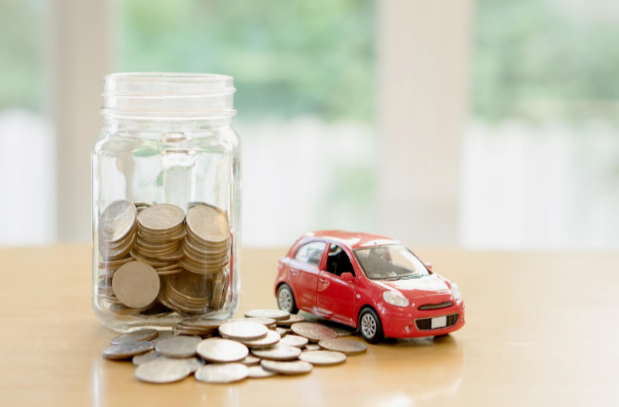As one of the largest purchases most of us will ever make, financing a car is the only choice many people have. However, even if you are fortunate enough to be in a position to pay cash for a car, many financial experts recommend financing the purchase anyway.
Yes, we know, it does sound counter-intuitive. Still, there really are times when financing a car can make more sense than paying cash.

The Upside of Paying Cash
The biggest pro when it comes to paying cash is the avoidance of debt. All of our lives we are told owing money is something to be sidestepped. In fact, the phrase “Neither a borrower, nor a lender be,” is enshrined in literature by no less than William Shakespeare.
Granted, when you buy a car with cash, you make one payment, drive away and need only be concerned about insurance, registration and maintenance during your ownership of the vehicle. Whatever happens in life, come firestorm or flood, that car is yours.
This reasoning can be quite compelling.
The Upside of Financing
However, if you can afford to pay cash for a car, a fraction of that money could get you a much nicer car when used as a down payment.
Let’s say you can afford to pay $18,000 in cash for a used car. As this is being written, the average new car transaction price is in the $37,000 range. Running the numbers through a loan calculator, we find using $7,000 as a down payment could get you a $37,000 car for roughly $560 dollars a month. That’s with a five year term at 4.5 percent interest, as is currently common with many new car loans.
This will be a much nicer car, with the added advantage of factory warranty protection for much of the duration of the loan. In other words, you’ll drive largely worry-free, which isn’t necessarily the case with an $18,000 used car. There will be repairs along the way in the latter case, plus you’ll give up a lot of modern comfort and convenience features.
The Downside of Financing
On the other hand, you will also be looking at another bill.
In this case, it’s a $560 dollar obligation that must be satisfied each month. What’s more, included in that $560 monthly payment is interest — which will bring the total cost of the car to $40,600.
Basically, you’ll pay an additional $3,600 for the privilege of extending the payments out over time — albeit while driving a new car as opposed to a used one.
The Downside of Paying Cash
This one can be summed up in two words — opportunity cost.
Let’s say you invested that other $11,000 in something that would bring the stock market’s average historical return of seven percent. That $11,000 would grow to $15,248 over the life of that five-year auto loan.
You’d profit $648 by investing the rest of the cash. Or, said differently, you’d earn $648 for choosing to drive a new car. What’s more, if your credit history is strong, you could qualify for a special manufacturer loan with zero percent financing — in which case your gain would be even stronger.
Thus, while it seems counter-intuitive, it can sometimes make more financial sense to finance a car, even when you can afford to pay for it in cash.
Assuming, of course, you can also afford the monthly payment.
Disclaimer: This content does not necessarily represent the views of IWB.